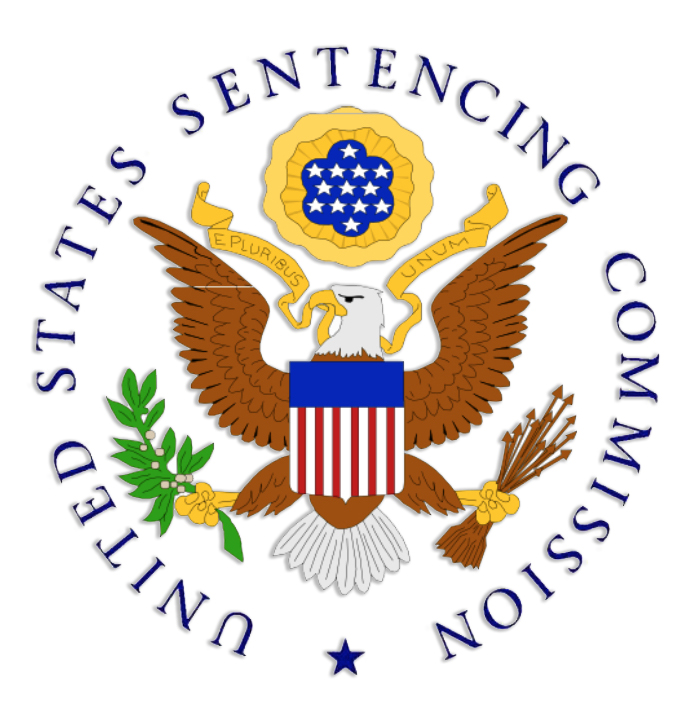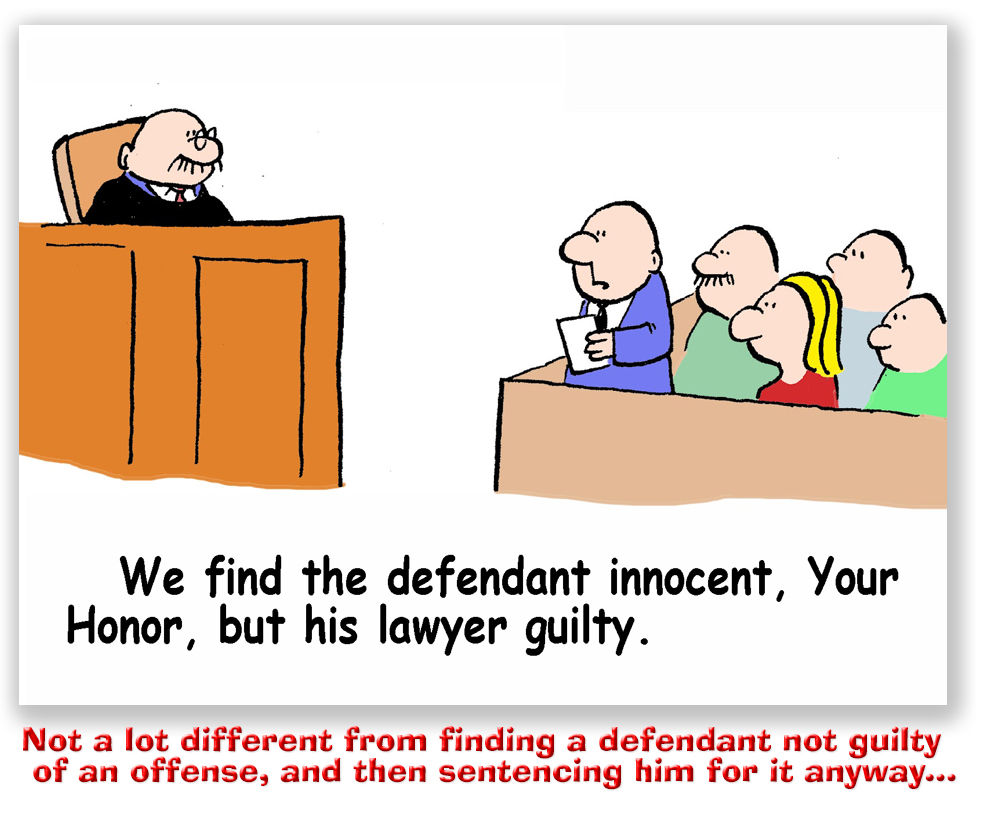We post news and comment on federal criminal justice issues, focused primarily on trial and post-conviction matters, legislative initiatives, and sentencing issues.

FSA CREDIT AUTO-CALC CREATES HAVOC (AGAIN)
After a year of fits and starts, the Federal Bureau of Prisons last week rolled out its latest iteration of the automatic calculation of inmates’ First Step Act credits. Some prisoners were released (or at least saw their time cut) due to the new calculations. But it seems a larger number still was left confused and unhappy, according to Forbes.
 On the Early Release from Federal Prison/Cares Act/First Step Act Facebook page, one commenter reported that his halfway house reported “a glitch in the system and that to give them until the 18th to have it corrected, but they are aiming for the end of this week.” On January 12, Bruce Cameron of Federal Prison Authority reported on the Facebook site that the BOP was “aware of a couple of issues that probably caused all the problems most are having… people being marked as ineligible who are eligible and have been eligible the whole time” and “a glitch that is causing people to be earning 10 days a month instead of 15 days a month. This would be the reason why you wouldn’t see all your time you are supposed to have.”
On the Early Release from Federal Prison/Cares Act/First Step Act Facebook page, one commenter reported that his halfway house reported “a glitch in the system and that to give them until the 18th to have it corrected, but they are aiming for the end of this week.” On January 12, Bruce Cameron of Federal Prison Authority reported on the Facebook site that the BOP was “aware of a couple of issues that probably caused all the problems most are having… people being marked as ineligible who are eligible and have been eligible the whole time” and “a glitch that is causing people to be earning 10 days a month instead of 15 days a month. This would be the reason why you wouldn’t see all your time you are supposed to have.”
Yesterday, Cameron told his Facebook followers, “For those impacted by the ‘glitch’ put your patience hat on for February 6!”
Writing in Forbes, Walter Pavlo reported that “while many prisoners were released this week because of the new calculation, many of them would have gone home earlier if the BOP had correctly implemented the FSA calculator much earlier… The issue that is causing much of this problem is two-fold; a correct interpretation of the FSA that most everyone forgot about and yet another error in the FSA calculator.”
Pavlo said that because FSA credits can only be applied when the credits earned equals or exceeds the amount of time remaining on the sentence, “Those prisoners who had credits that suddenly disappeared really still have them, they just cannot be applied yet because they have more days remaining on their sentence than they do FSA credits.”
 Pavlo said the second problem is whether a prisoner earns 10 days or 15 days of FSA credit a month. Subsection (d)(4)(A)(ii) of 18 USC 3632 says that prisoners with a minimum or low PATTERN score “who, over 2 consecutive assessments, has not increased their risk of recidivism, shall earn an additional 5 days of time credits for every 30 days of successful participation” in programming. The BOP interprets this to mean that prisoners must score low or minimum for two assessments before they can earn 15 days rather than 10.
Pavlo said the second problem is whether a prisoner earns 10 days or 15 days of FSA credit a month. Subsection (d)(4)(A)(ii) of 18 USC 3632 says that prisoners with a minimum or low PATTERN score “who, over 2 consecutive assessments, has not increased their risk of recidivism, shall earn an additional 5 days of time credits for every 30 days of successful participation” in programming. The BOP interprets this to mean that prisoners must score low or minimum for two assessments before they can earn 15 days rather than 10.
Even if this interpretation is right, something that is less than clear, the new auto-calc program did not detect the second PATTERN risk assessment score, according to Pavlo, “so prisoners received only 10 credits for each month of programming rather than 15 after the second PATTERN score. It is a problem that the BOP is going to correct but there is no timeline for that fix.”
Forbes, Working Out The Bugs On The Bureau Of Prisons’ First Step Act Calculator (January 12, 2023)
Facebook, Early Release from Federal Prison/Cares Act /First Step Act public group (January 12, 2023, and January 19, 2023)
– Thomas L. Root




















